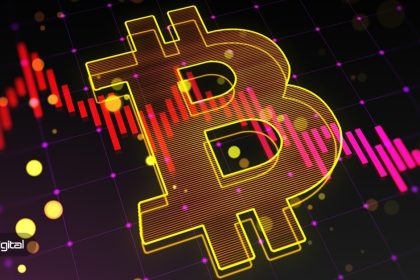OpenSea, the world’s largest non-currency token (NFT) marketplace, blocks users whose countries are on the US sanctions list. This action of OpenC has resulted in the protests of activists in this area. After this action, discussions about decentralization have resumed.
According to Cointelegraph, US-based NFT market OpenC has started the process of cutting Iranian users’ access to this platform. This move has angered the activists in this field and new discussions have been started about the decentralization of the field of currencies and digital assets.
Also read: NFT market violations under the microscope of the US Securities and Exchange Commission
On Thursday morning, Iranian OpenC users reported on Twitter that their accounts were deactivated or deleted without any prior warning. Iranian artist Bornosor, who has 4,700 followers on Twitter, expressed his frustration about the current situation in a tweet that quickly went viral and was retweeted 378 times and liked more than 1,400 times within hours.
Bornosur stated in this regard:
Woke up to find that my OpenC business account has been deactivated/deleted without any notice or explanation. Such reports are heard from other Iranian artists and collectors. Do you know what’s going on? Does OpenC block users based on their country?
A spokesperson for OpenC has said that they have the right to block users based on sanctions.
In our terms of service it is explicitly stated that we can block banned users or users who live in banned areas. We do not allow sanctioned users or entities and residents of sanctioned countries to use our services. If we find out that there are users who violate our sanctions policy, we will immediately take action to block the accounts associated with them.
Current US sanctions mean that US companies are not allowed to provide goods or services to any users residing in sanctioned countries, including Iran, North Korea, Syria and most recently Russia. OpenC is an American company headquartered in New York.
OpenC’s recent action has rekindled discussions about the extent of decentralization of blockchain-based companies and service providers.
A few hours ago, reports were published that the MetaMask wallet has also suppressed its users under the pretext of these sanctions; But a little later, Metamsk officials announced that this problem was related to the mistake of one of the service providers related to Ethereum nodes. Apparently, under the influence of this mistake, some Venezuelan users were blocked from accessing Metamask for some time.
The Metamsk Twitter account released a statement about this, adding that users were accidentally blocked from accessing their Metamsk wallets and that the issue has now been fixed. The mistake occurred after blockchain service development company Infura accidentally and mistakenly expanded the scope of its sanctions.
Digital currencies and digital assets such as NFTs continue to be subject to increased US government scrutiny. With the increasing intensity of sanctions against Russia, these surveillances will also increase.
OpenC is the world’s largest NFT marketplace and has hosted NFTs that have sold a total of over $22 billion since its inception.
This is not the first time that the digital currency industry is struggling with the complexities of international sanctions. Several digital currency exchanges have been involved in the discussion of blocking the digital assets of Russian people. Of course, the world’s largest exchange, Binance, has refused to block the accounts of Russian people.
RCO NEWS

















